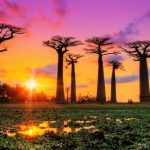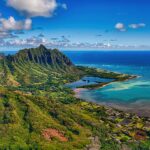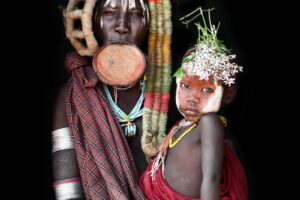Madagascar is an island located about 400 kilometers off the east coast of Africa in the western Indian Ocean. It is the fourth largest island in Africa, with an area of 592,000 square kilometers and a population of approximately 28 million people. Its capital is Antananarivo.
 Madagascar is a country that is known for its natural beauty, diverse cultures, and unique flora and fauna. There are approximately 12,000 plant species, over 300 mammal species, and more than 260 bird species on the island. Additionally, many endemic species, including lemurs, which are the world’s largest primates and only found in Madagascar, can be found on the island.
Madagascar is a country that is known for its natural beauty, diverse cultures, and unique flora and fauna. There are approximately 12,000 plant species, over 300 mammal species, and more than 260 bird species on the island. Additionally, many endemic species, including lemurs, which are the world’s largest primates and only found in Madagascar, can be found on the island.
Madagascar is also one of the world’s poorest countries, and its economy is largely based on agriculture and mining sectors. Most of the workers in these sectors struggle with poverty and unemployment. Furthermore, environmental issues such as deforestation, soil erosion, desertification, and water pollution are among the challenges the country faces.
 From a historical standpoint, Madagascar is a rich country. The island was discovered by the Portuguese in the 16th century and later came under French colonial rule. The country gained independence in 1960.
From a historical standpoint, Madagascar is a rich country. The island was discovered by the Portuguese in the 16th century and later came under French colonial rule. The country gained independence in 1960.
In conclusion, Madagascar is a country that is known for its natural beauty, endemic species, and diverse cultures. However, poverty, unemployment, and environmental issues are among the challenges the country faces.



















Add Comment